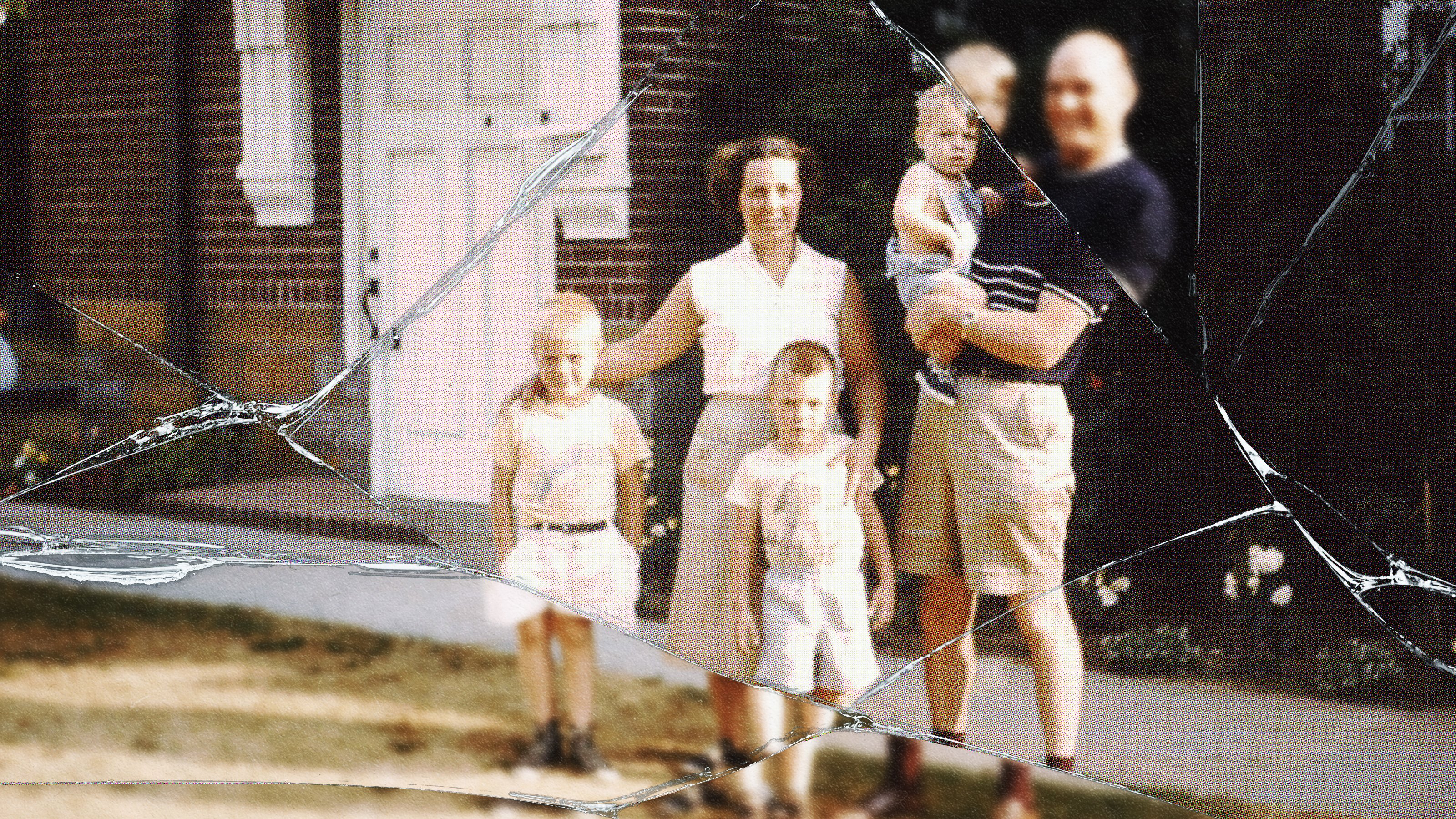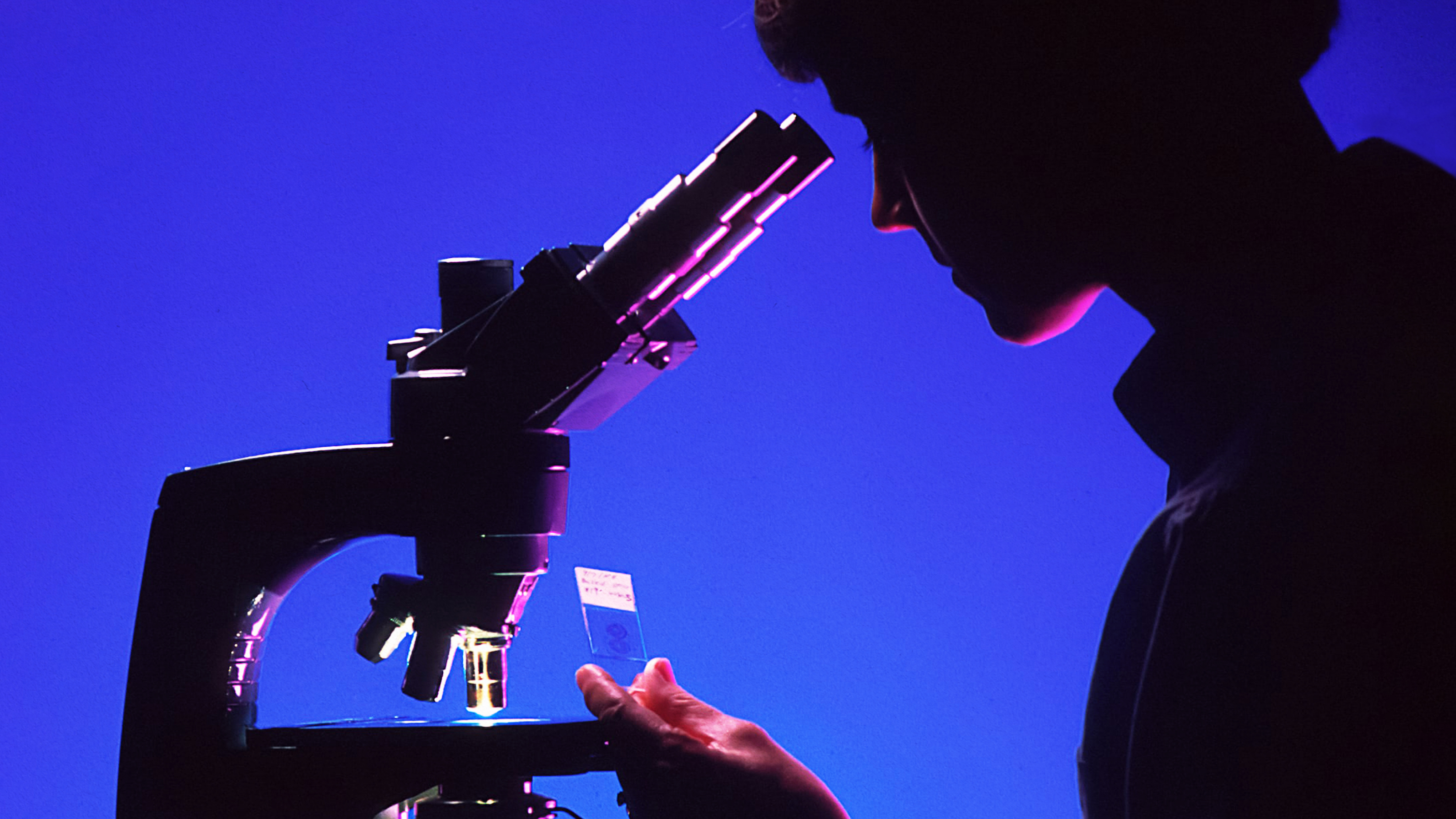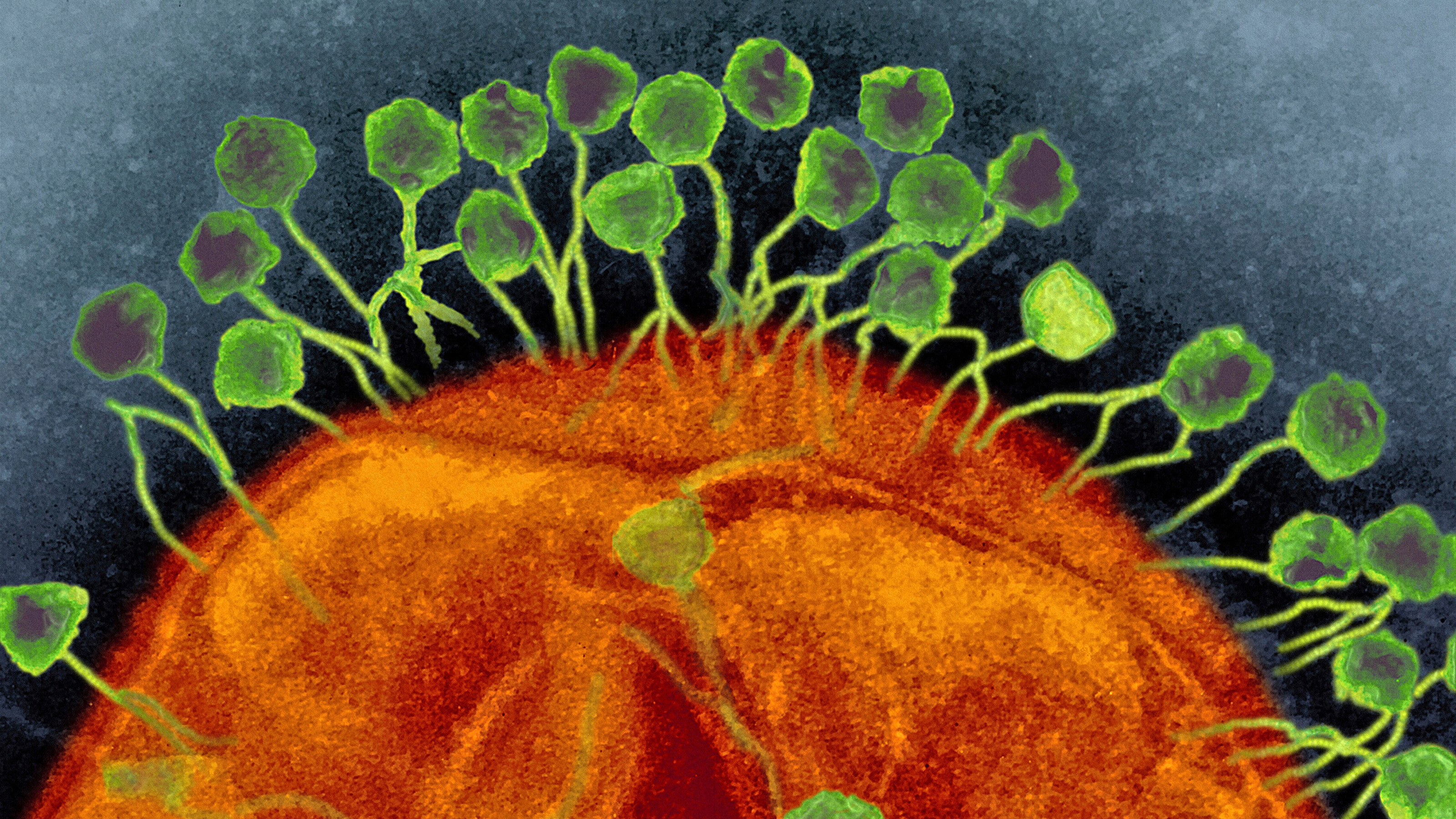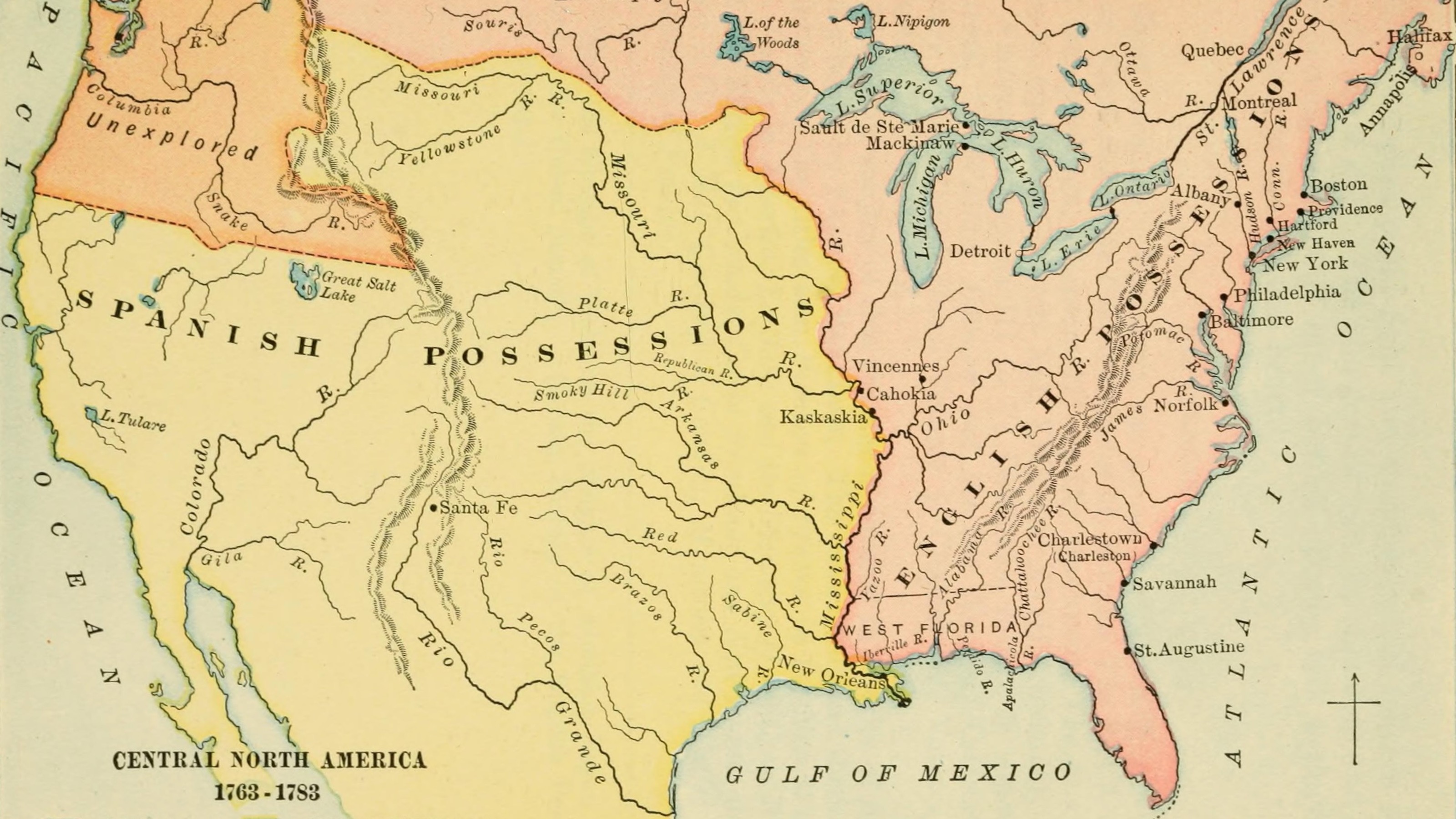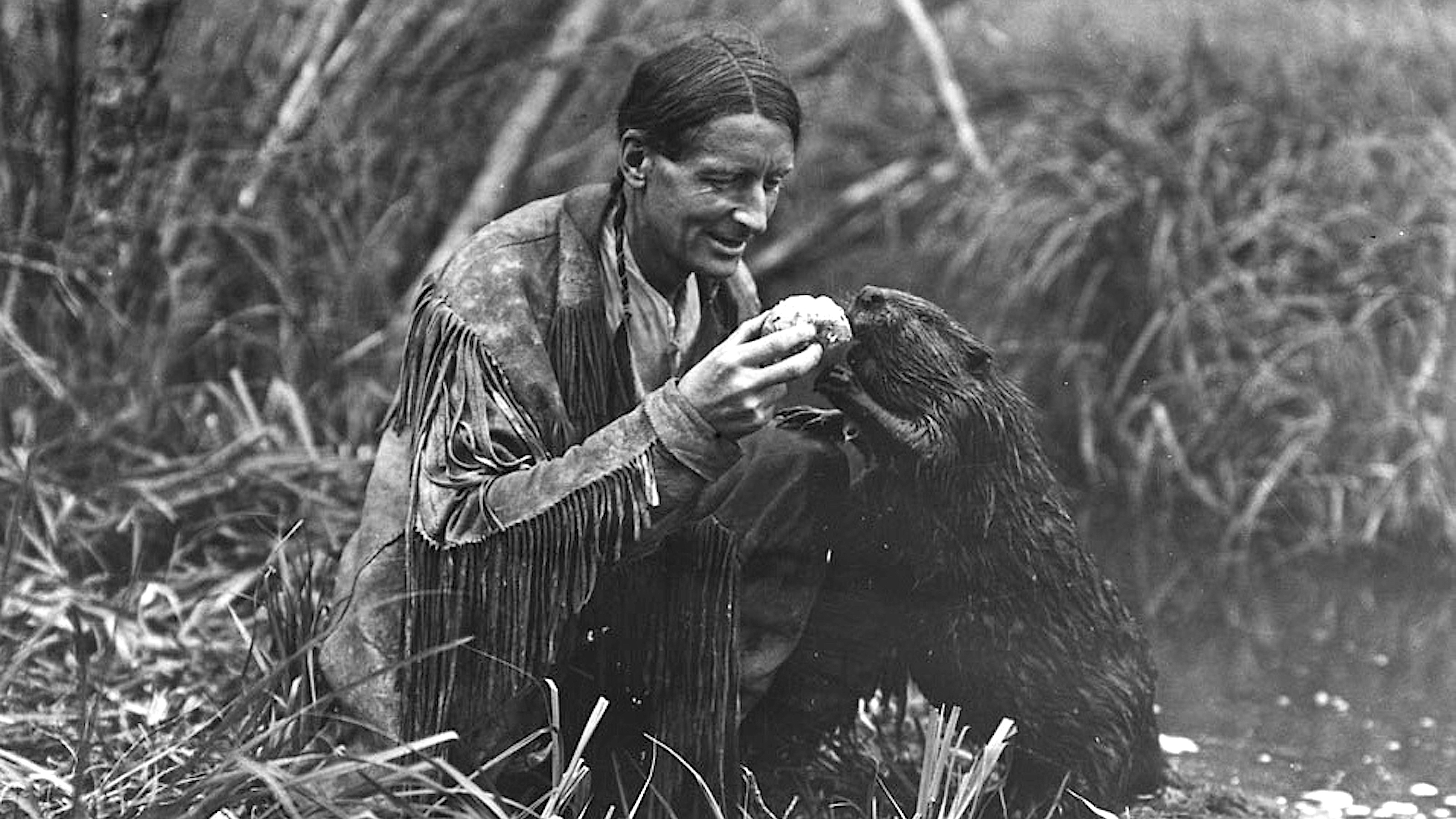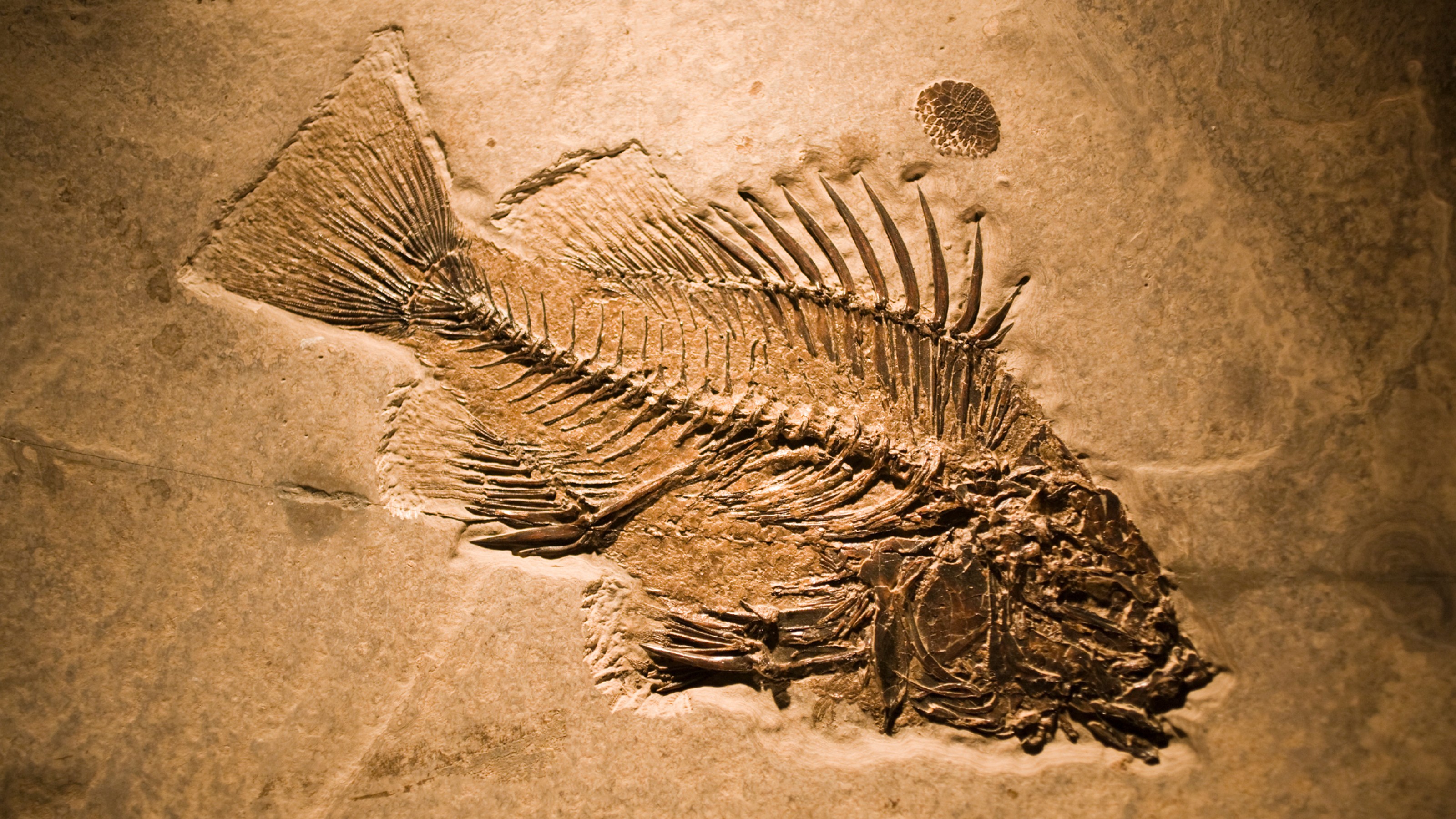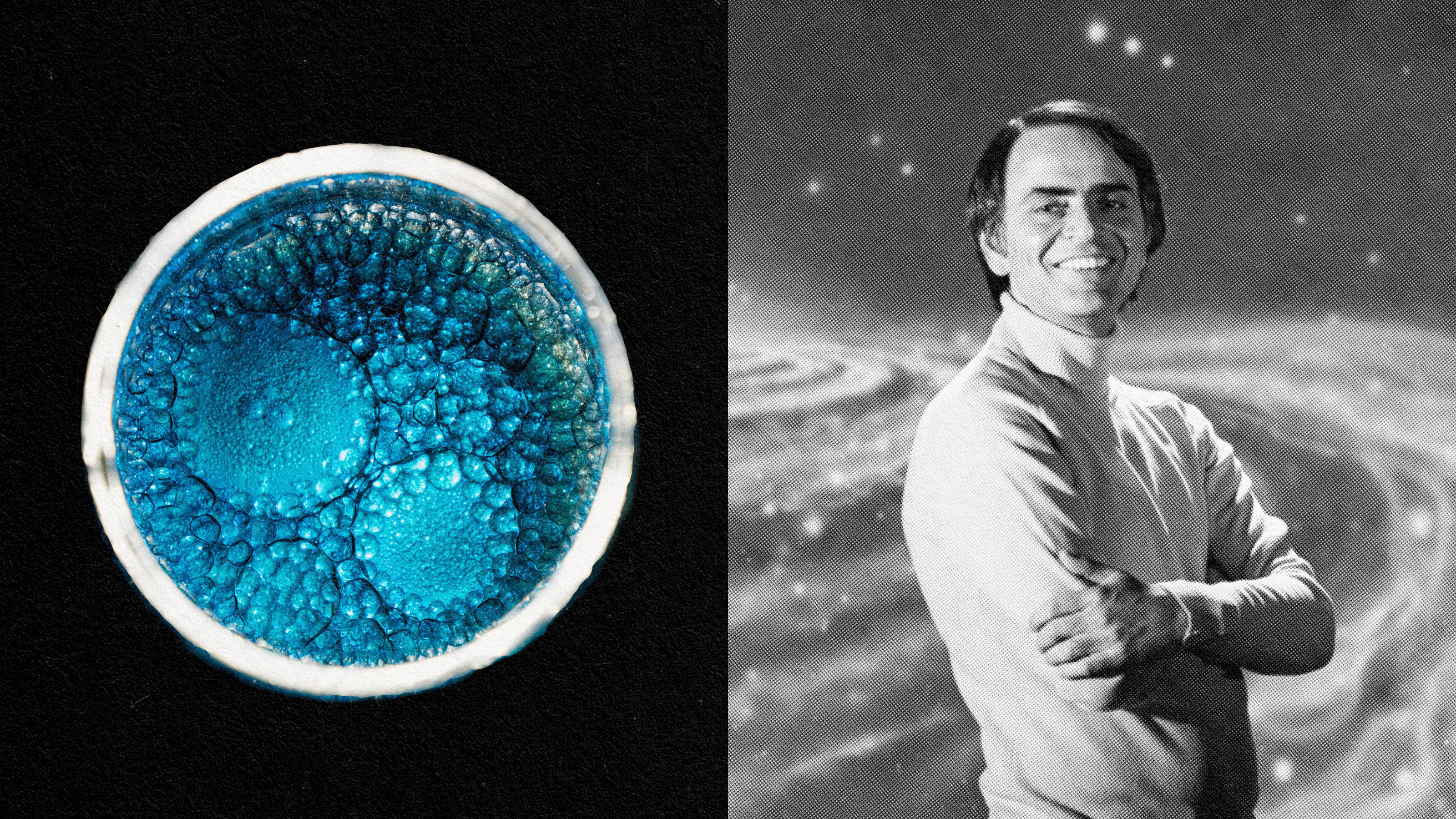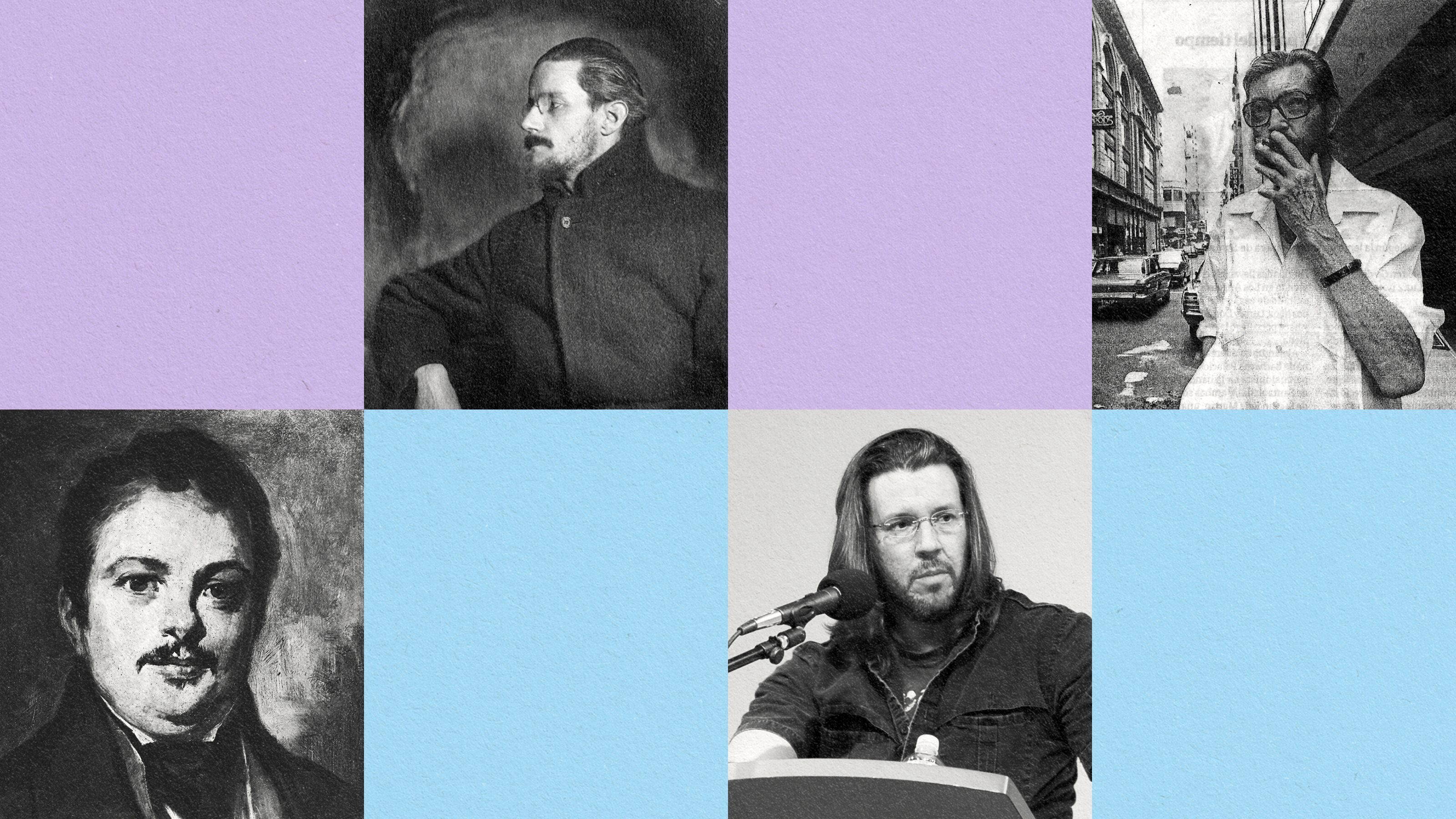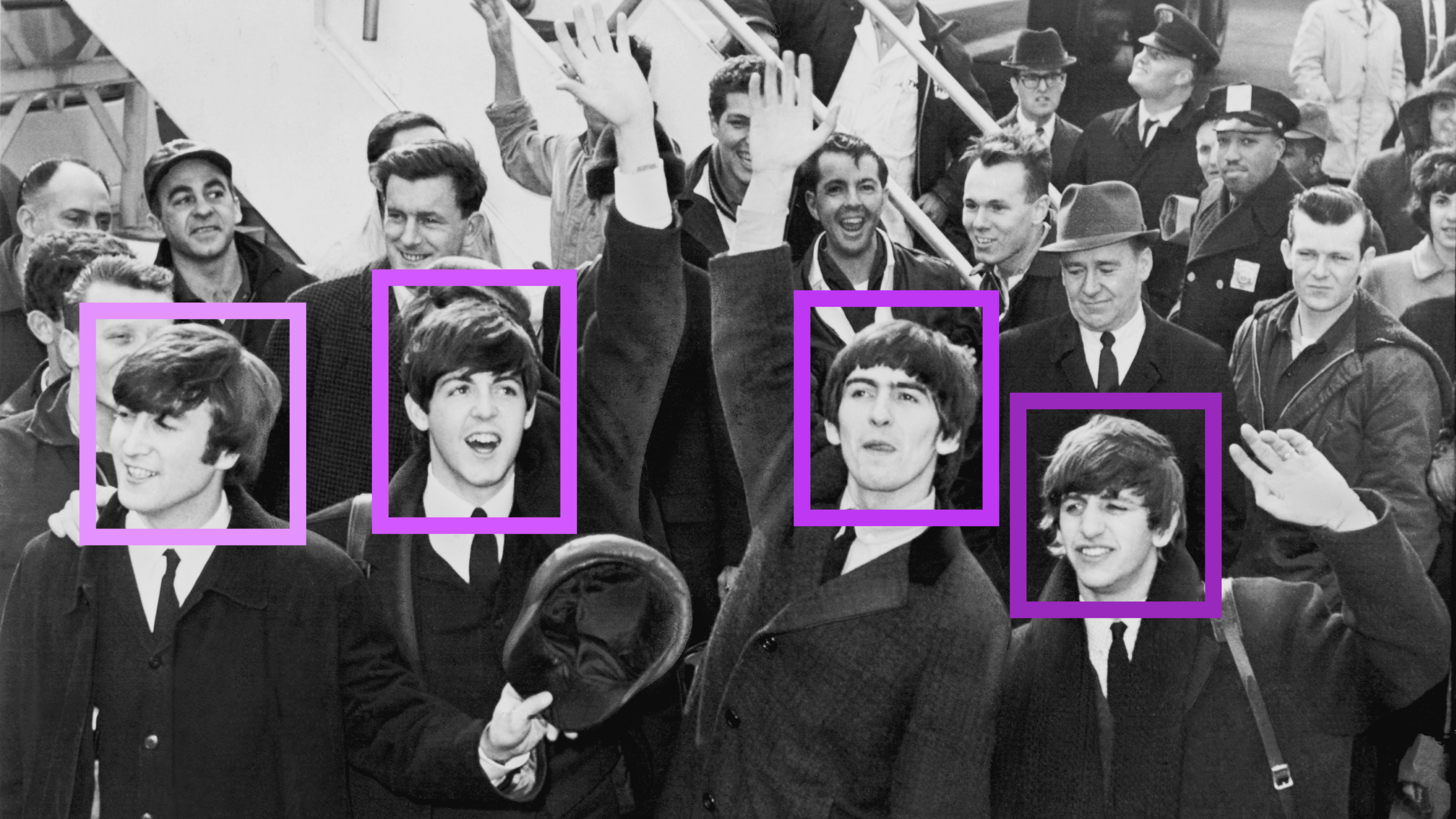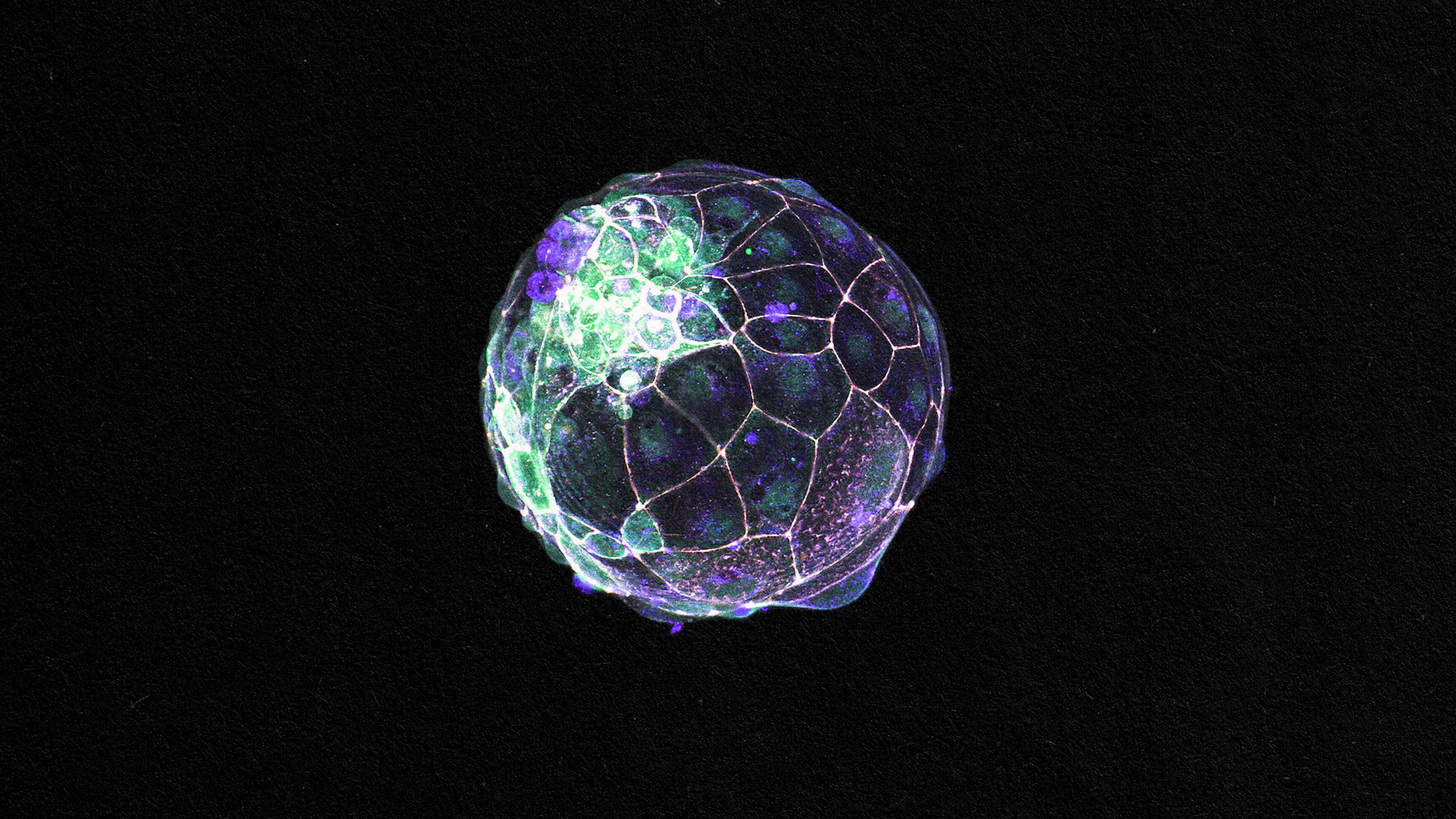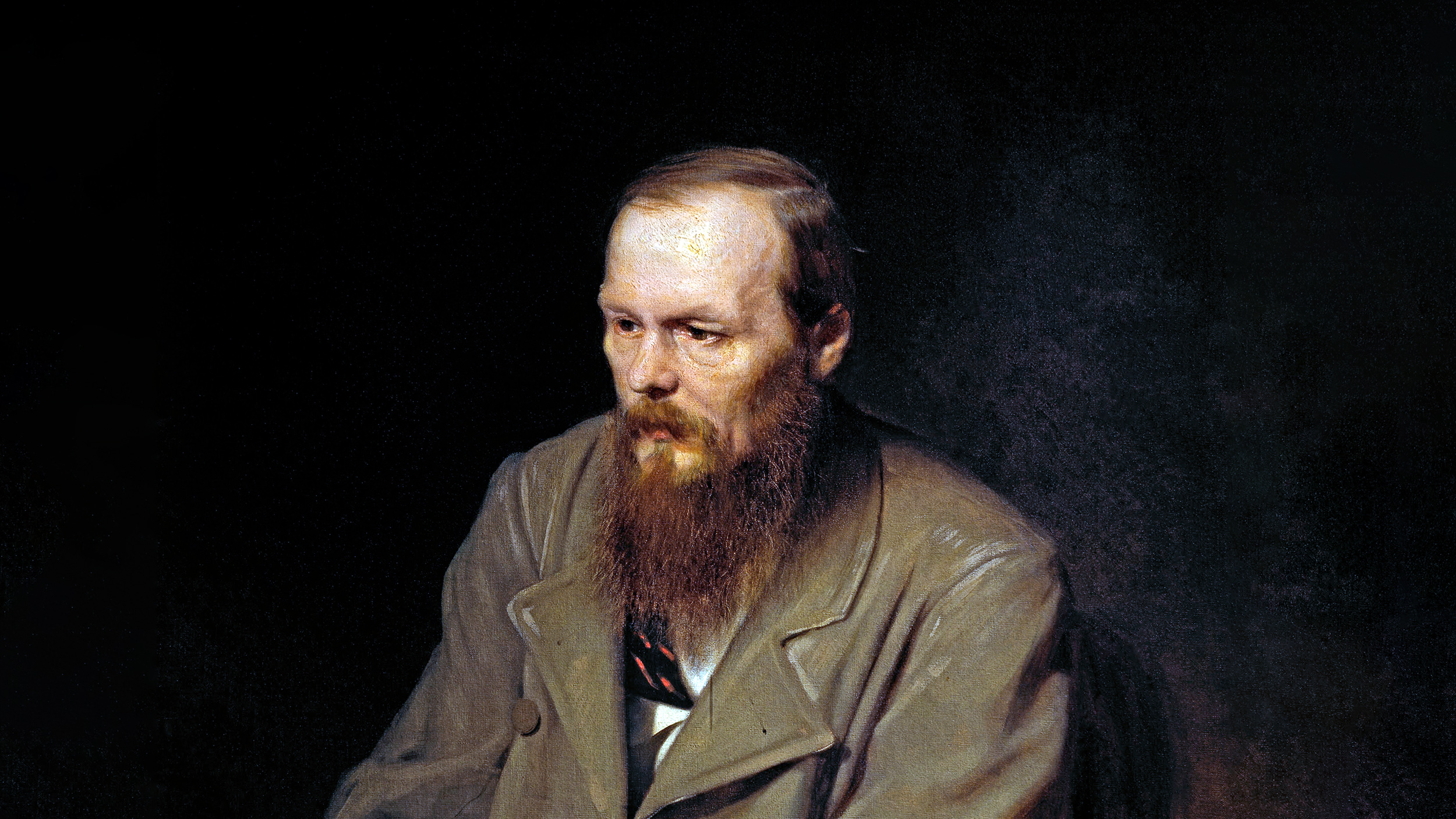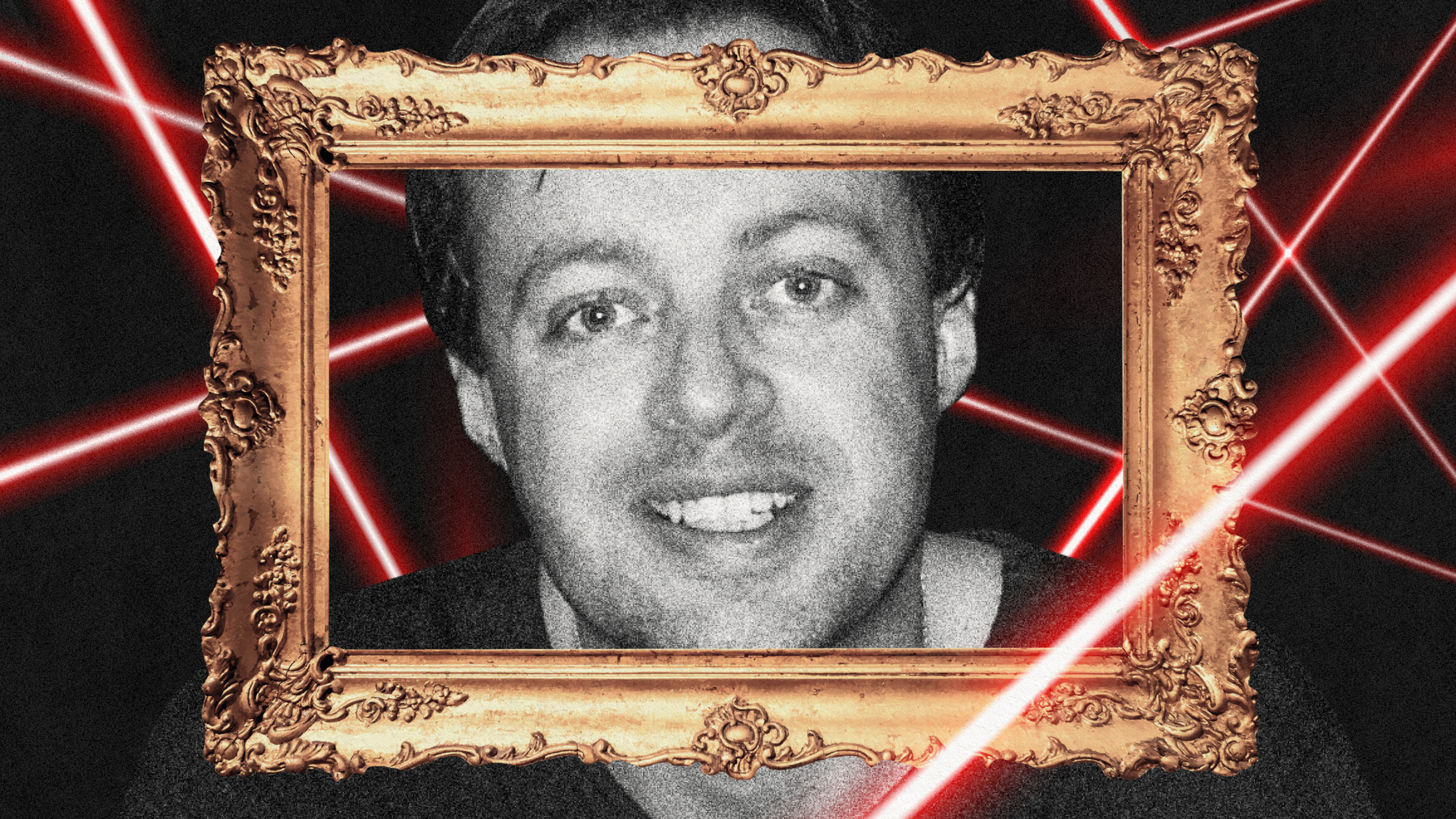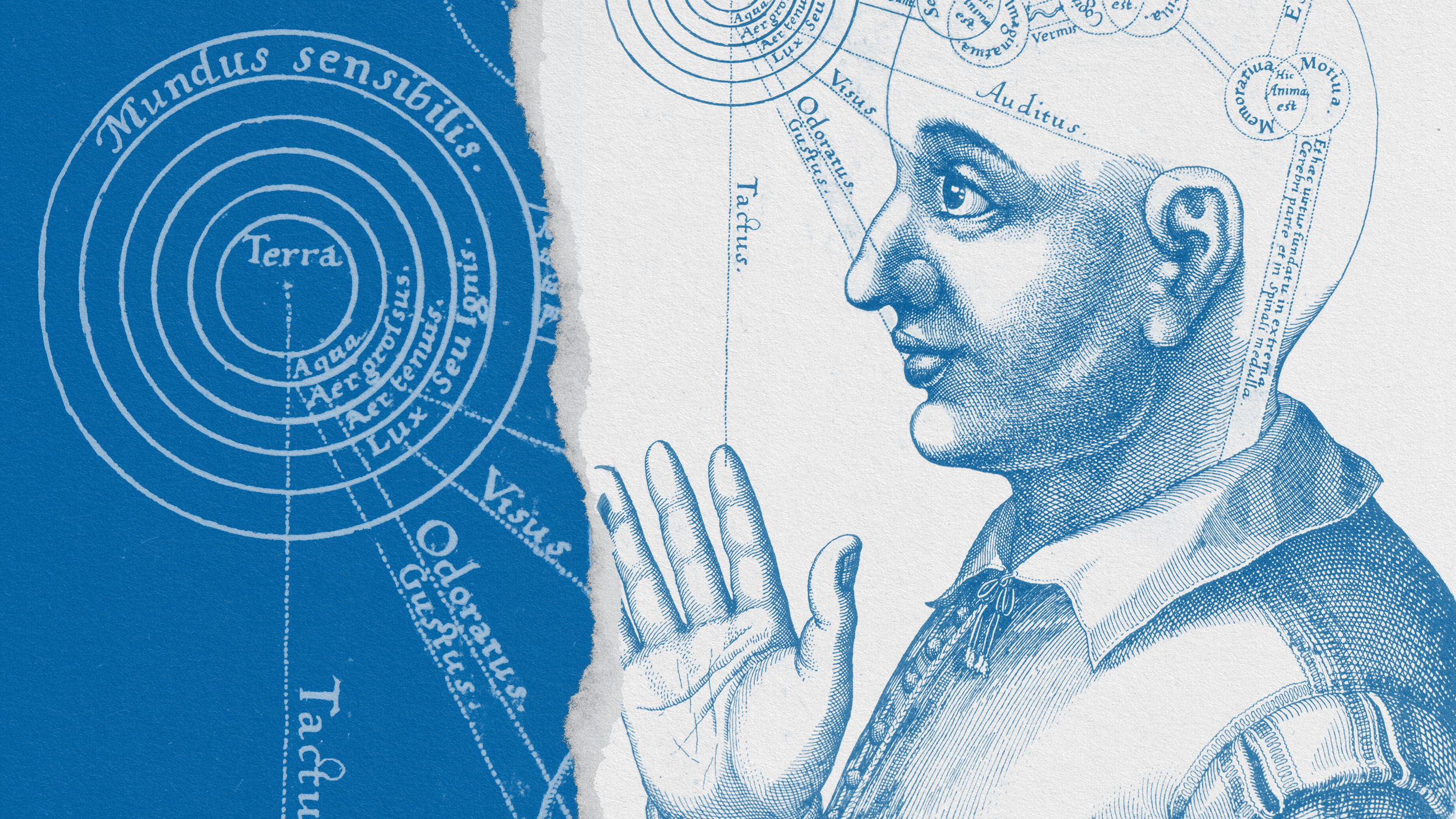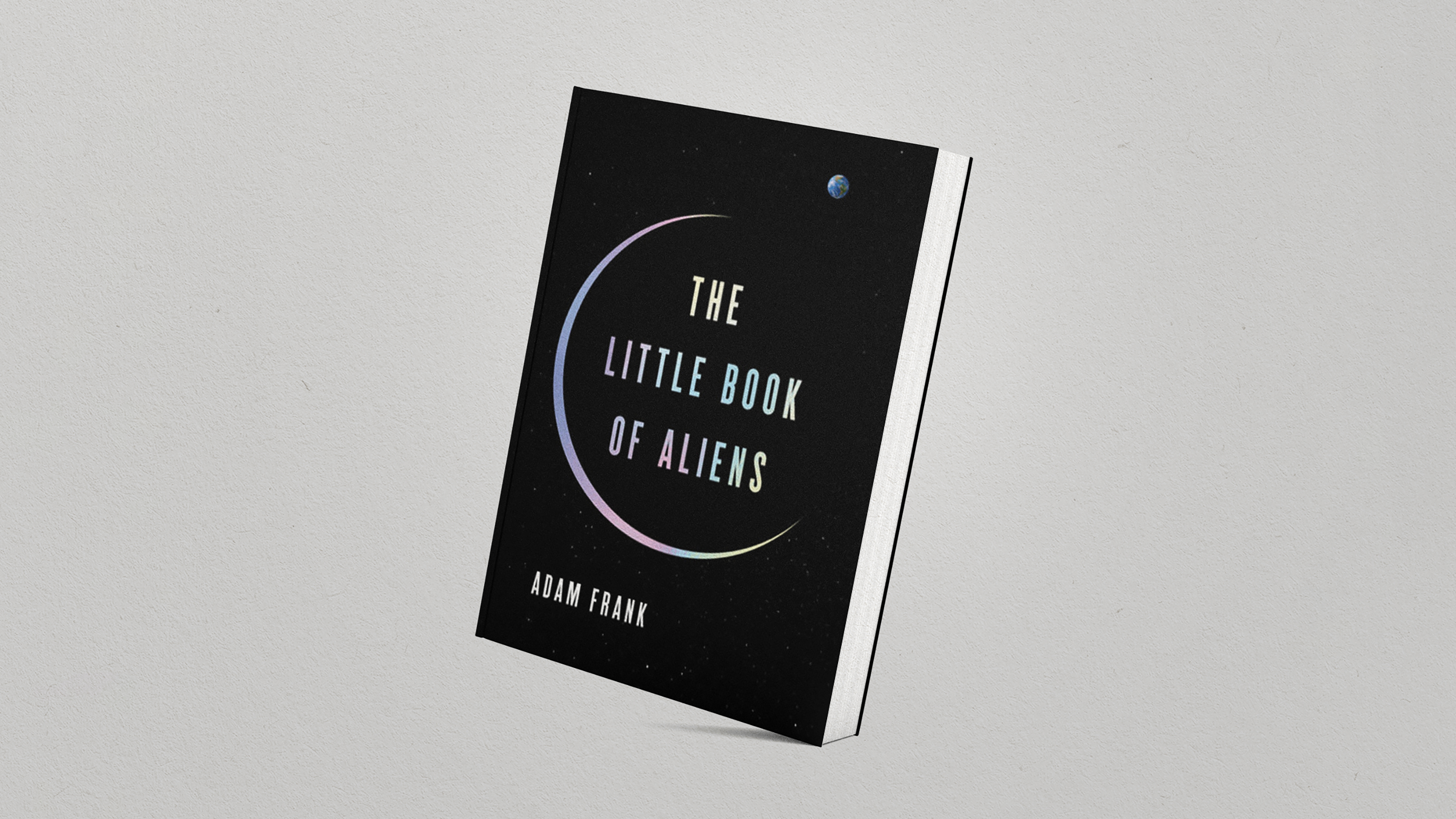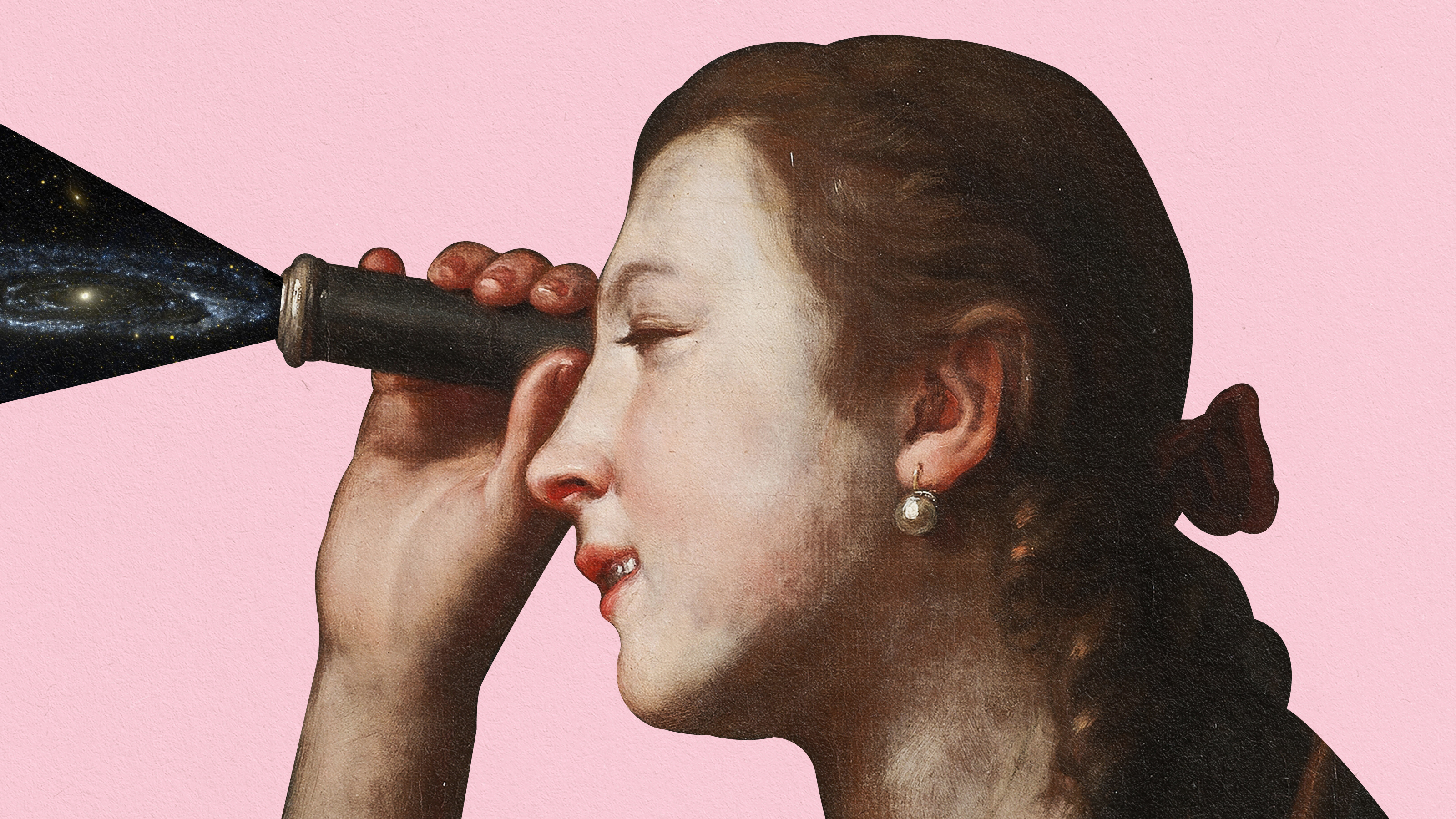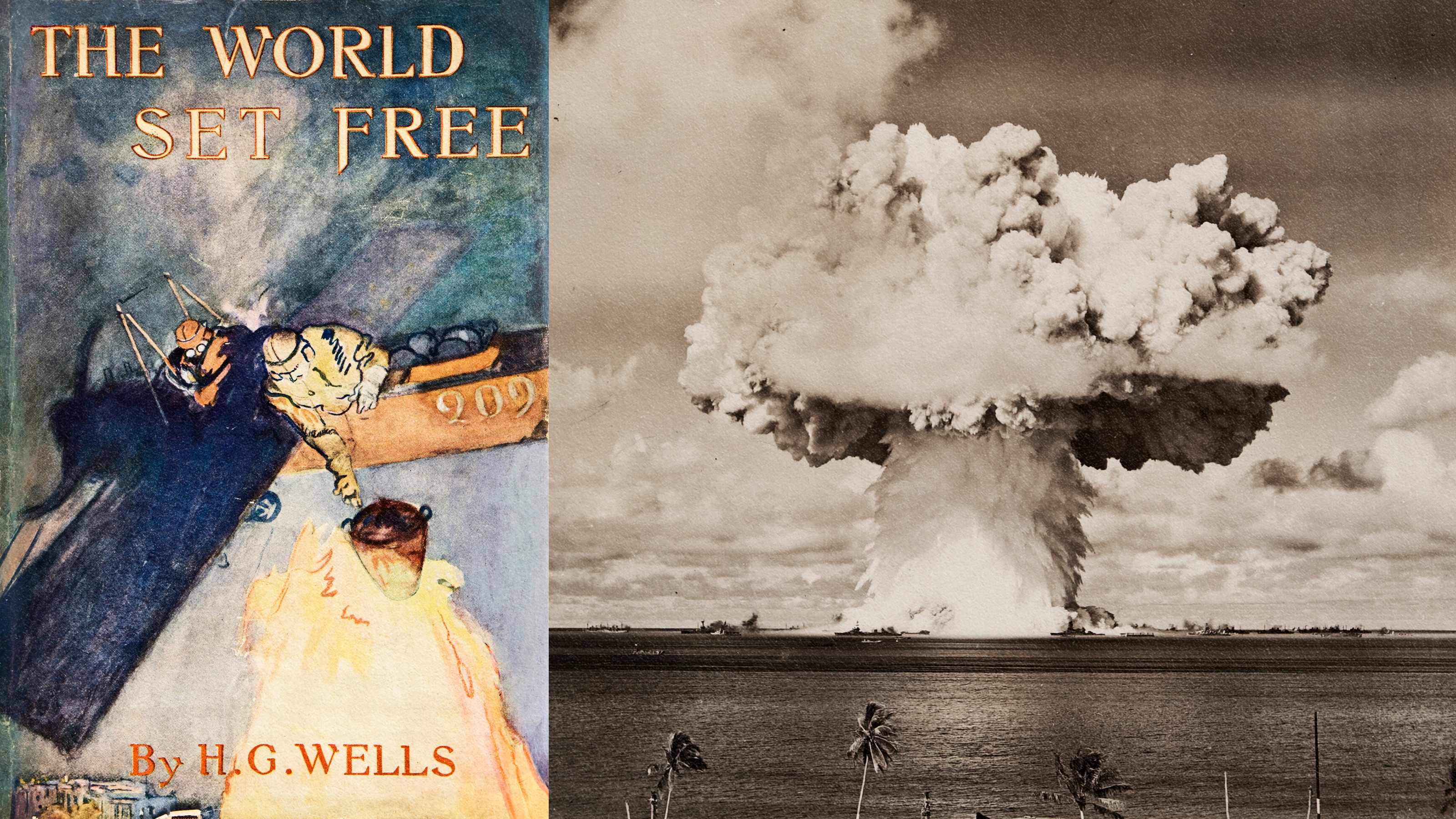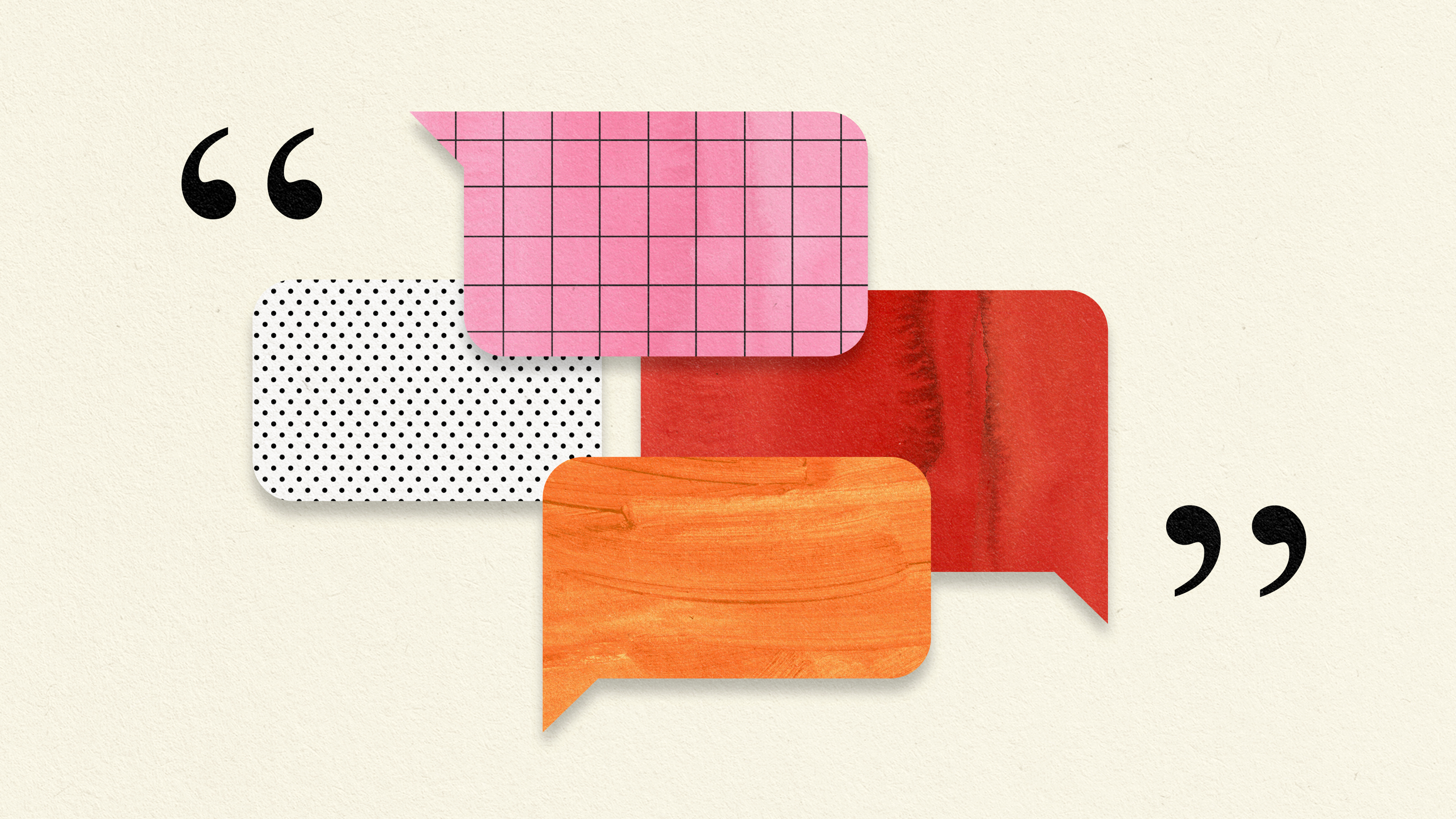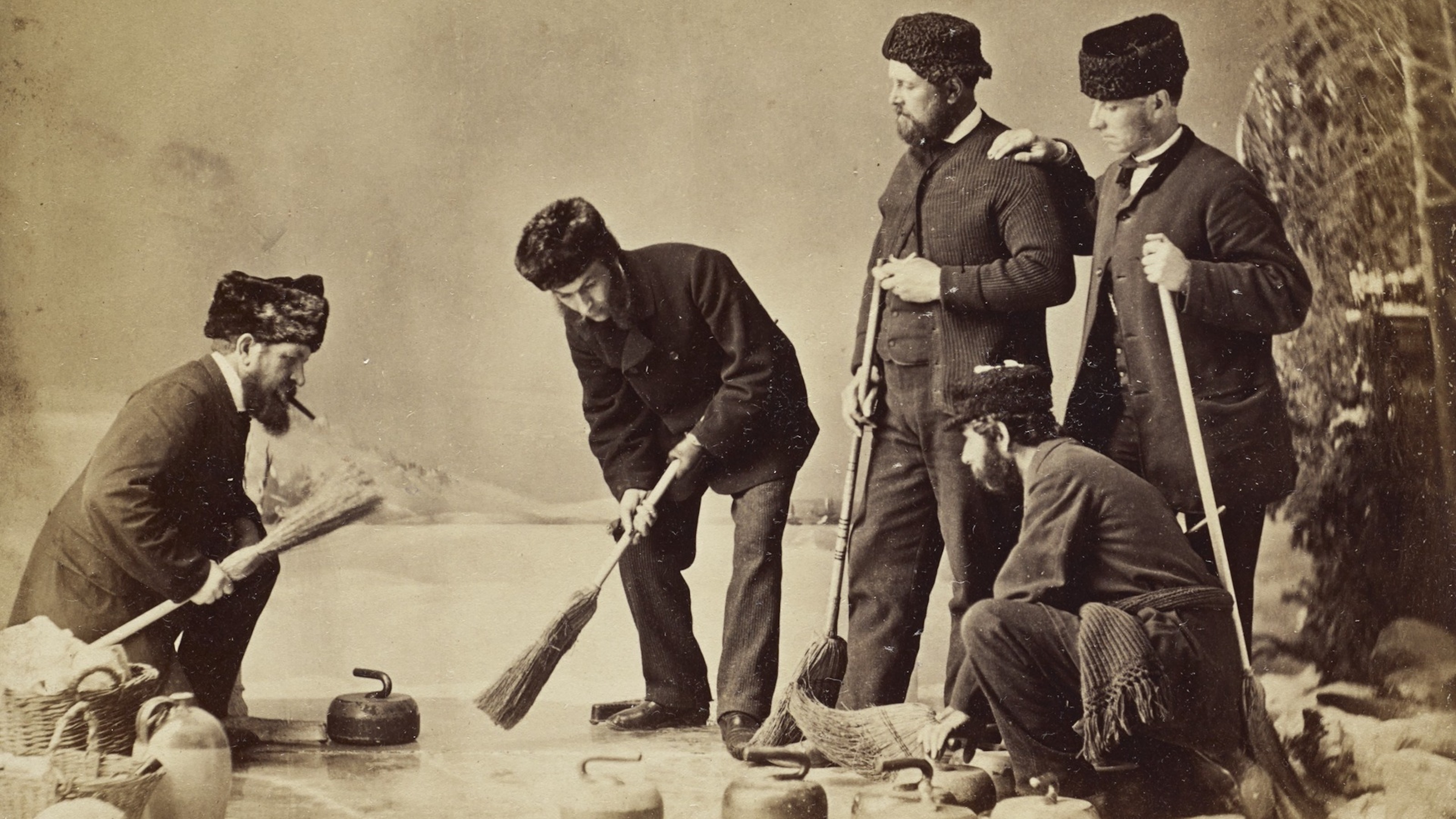books
Despite the vast number of planets in the Universe, Earth’s specific evolutionary history guarantees that its life forms — including humans — are utterly unique.
Ideal models of family life have been broken by societal, technological, and cultural shifts — and we need to rethink our options.
The author of Frankenstein had an obsession with the cemetery and saw love and death as connected.
Predictive power has perverse, anti-democratic consequences. So be a good citizen and lie to election pollsters.
As the Manhattan Project headed for completion, German attempts to build a nuclear weapon had already been dismantled.
Ethicist and doctor Simon Whitney argues that society’s overly cautious approach to medical research is blocking breakthroughs.
Researchers estimate there may be as many as ten million trillion trillion phages on Earth — that’s 10 with 30 zeros after it.
How we organize all our digital stuff — from work research to side hustles to family photos — is key to our productivity.
The global extent of the Revolutionary War surprises many Americans today — but it was crucial to independence.
Meet the masterful con-men who impressed the great and the good despite the astonishing fiction of their very existence.
Metaphors like the Great Chain of Being can lead people to misunderstand evolution and humanity’s place in the web of life.
In polarized times, our shared cellular origin can unite us in solidarity and awe — from the embryonic scale to the grandest cosmic perspective.
Voyage into the lawless world of experimental literature.
It will be immensely difficult for the Bitcoin and Ethereum blockchains to protect their competitive edge if they do not pursue a radical change.
Engineer James Clarke liberated John, Paul, George, and Ringo from their mono and stereo straitjackets using algorithms at Abbey Road.
Giambattista della Porta’s contributions to codebreaking changed the course of communication.
From the laying out of the body plan to the organization and functioning of our nervous system, cells rule gene expression and make us who and what we are.
These initially sympathetic characters take readers down a dark path.
Great writing can unveil the criminal psyche better than any other artistic medium.
The strange case of cultured ultra-thief Stéphane Breitwieser — who claims “art is my drug” — has divided opinion. Is it Stendhal syndrome?
Our state of extreme social interconnectedness has rapidly accelerated the rollercoaster pace at which societal confidence may collapse.
The idea is to study the thing itself — be it a work of literature, death, family, a car, a vaccine, or the hospital — without preconceived notions, trendy easy answers, or dogma imposed on it.
The talent of management should be unleashed toward the management of talent. Many companies are doing the opposite.
We may be the last generation born not knowing if we are alone in the Universe.
Scientists can make substantial progress without fully understanding exactly what they’re doing.
Science fiction met nuclear fission when Hungarian physicist Leó Szilárd pondered the explosive potential of nuclear energy.
Ignoring the legacy of William Shakespeare is difficult for any writer, let alone one as quintessentially English as “Lord of the Rings” author J.R.R. Tolkien.
The path of a curling stone on ice — and how it can be influenced — is a revealing metaphor for life’s decisions.
The outrage machine is fueled by toxicity. But there are practical steps that we can take to recapture control over our emotions.

